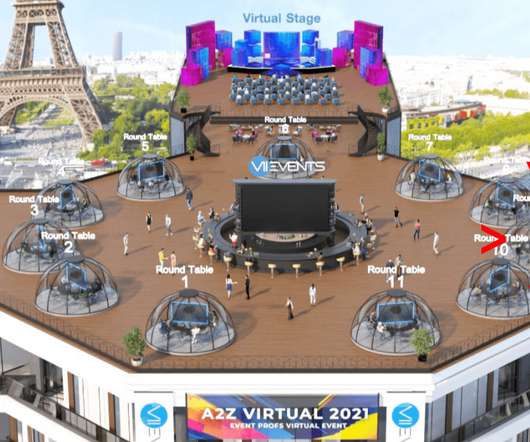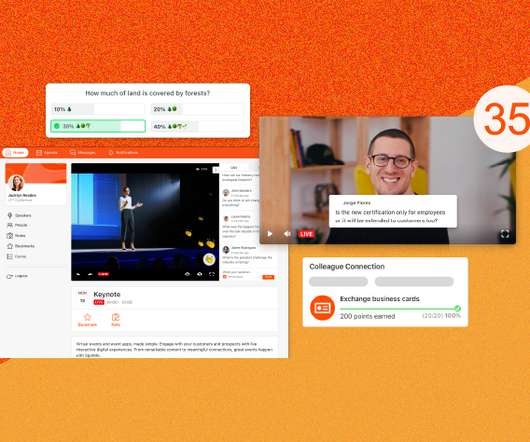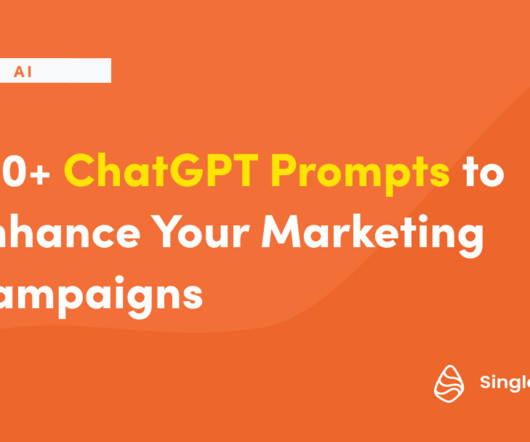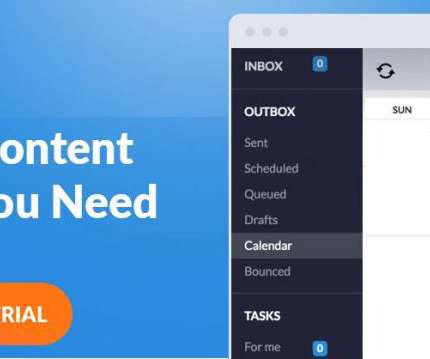How to Maximize ROI from Your Event Marketing Content
Webbiquity
MARCH 2, 2021
Event marketing and content marketing are typically the two biggest line items in B2B marketing budgets. Most B2B enterprises allocate 30% or more of their total marketing budgets to events; more than a quarter (26%) spend 50% or more in that area. How to Maximize Event Marketing Content ROI.
















Let's personalize your content